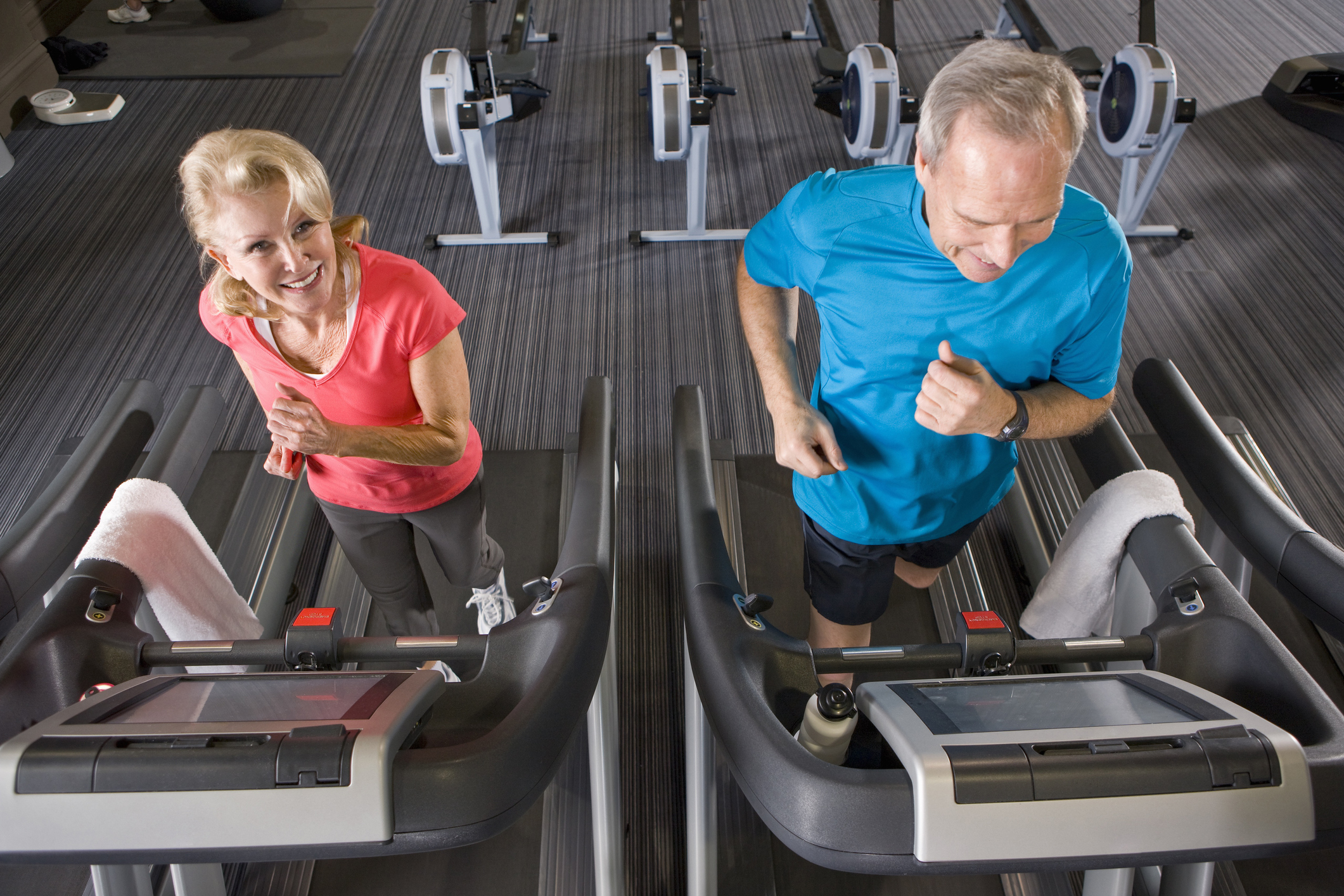With no cure for Alzheimer’s on the horizon and a rapidly growing older population, researchers are focusing more studies on the prevention of A.D. and other forms of dementia. Lifestyle choices, like eating a healthy diet, staying physically active and socially engaged as well as keeping the mind challenged by learning new things may all help prevent cognitive decline in older age. But a new study out of Mc Master University in Hamilton, Ontario has found specific types of physical activity can offer surprising mind and body benefits.
According to a recent Toronto Globe and Mail report, older adults who participated in a 12-week program of high-intensity interval training demonstrated a 30 percent improvement on memory tests compared with study participants who did more moderate training. This new study expands on the findings of 2017 research involving more than 1,600 seniors over the age of 65 and found ways for even very elderly participants to exercise and challenge themselves with interval training.
After warming up on a treadmill, the interval group walked for 4 minutes at between 90 and 95 their maximum heart rate, followed by 3 minutes of recovery, repeated 4 times. By challenging themselves, the interval group of study participants were able to improve both their physical fitness and their memory. The big takeaway from the new study is that it’s never too late to improve fitness and cognition and the old adage; “use it or lose it”, holds true. The control group in the study who only did 30 minutes of relaxed stretching 3 times a week demonstrated a decline in both physical fitness and memory.
Next time you are out on a daily walk or using the treadmill at home or at the gym, challenge yourself to increase intensity for a period of time to the point you feel your heart rate is elevated and you are warming up. You should still be able to carry on a conversation, but not able to sing. Over time, try challenging yourself by increasing gradually in intensity and length of time walking. Listen to your body, don’t push through any pain and always check with your doctor before starting any new exercise program.
Learn more about starting a walking program by following this link to the University of California Berkeley Health Services.






Add Your Voice
0 Comments
Join the Discussion